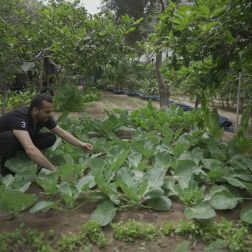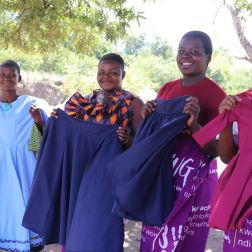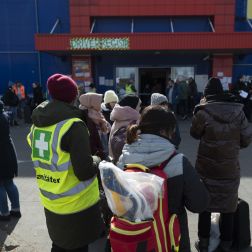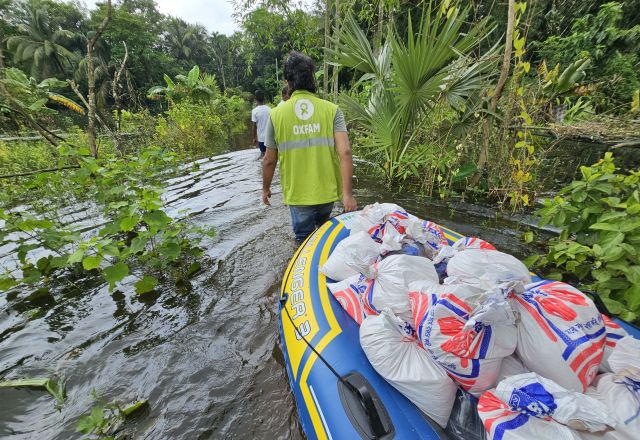
- 3 mins read time
- Published: 28th August 2024
Bangladesh Flood Crisis
Bangladesh is currently enduring one of the most catastrophic flooding events in its recent history.
In August 2024, relentless monsoon rains, combined with overflowing rivers and upstream water releases from India, triggered widespread flash floods across 12 districts. Among the hardest-hit areas are Feni, Cumilla, Chittagong, and Sylhet, regions now facing a humanitarian emergency.
A Widespread Humanitarian Crisis
The floods have left a trail of destruction in their wake. Thousands of homes have been submerged or swept away, displacing millions of people. Roads, bridges, and other critical infrastructure have been damaged or destroyed, cutting off entire communities from aid and emergency services. Vast tracts of farmland—vital to the country’s food supply- are now underwater, raising fears of long-term food insecurity.
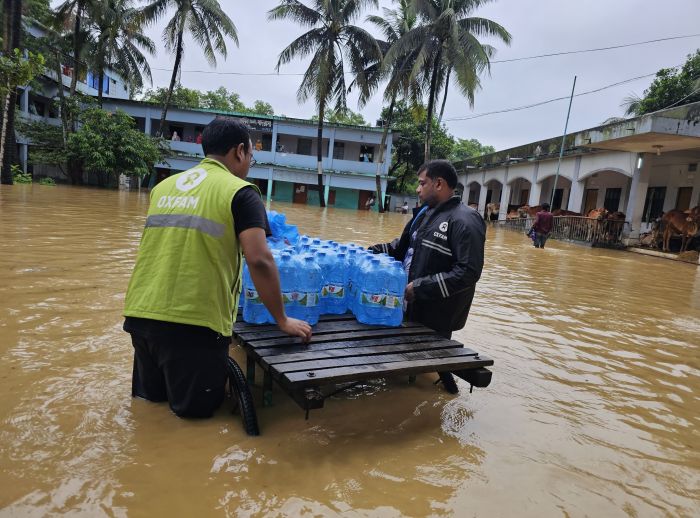
In many areas, access to clean water, food, and medical care has become a daily struggle. Relief efforts are underway, but the scale of the disaster and the inaccessibility of remote regions have severely hampered the response. Emergency teams are working around the clock, but blocked roads and washed-out bridges are making it nearly impossible to reach those most in need.
The Situation in Remote Areas
While urban centres are receiving some level of support, the situation in rural and remote communities is especially dire. Many villages remain completely cut off, with residents relying on makeshift rafts or boats to escape rising waters. In these areas, the lack of sanitation and clean drinking water is increasing the risk of waterborne diseases, compounding the crisis.
A Call for Global Solidarity
Humanitarian organisations are calling for urgent international support to scale up relief operations. Immediate needs include food, clean water, temporary shelter, and medical supplies. In the longer term, rebuilding efforts will require significant investment to restore infrastructure, rehabilitate farmland, and support displaced families.
Bangladesh is no stranger to flooding, but the intensity and frequency of such events are increasing, likely exacerbated by climate change. This disaster serves as a stark reminder of the urgent need for climate resilience, regional cooperation, and sustainable development planning.
As the waters continue to rise, so too does the need for solidarity. The people of Bangladesh are resilient, but they cannot face this crisis alone.
